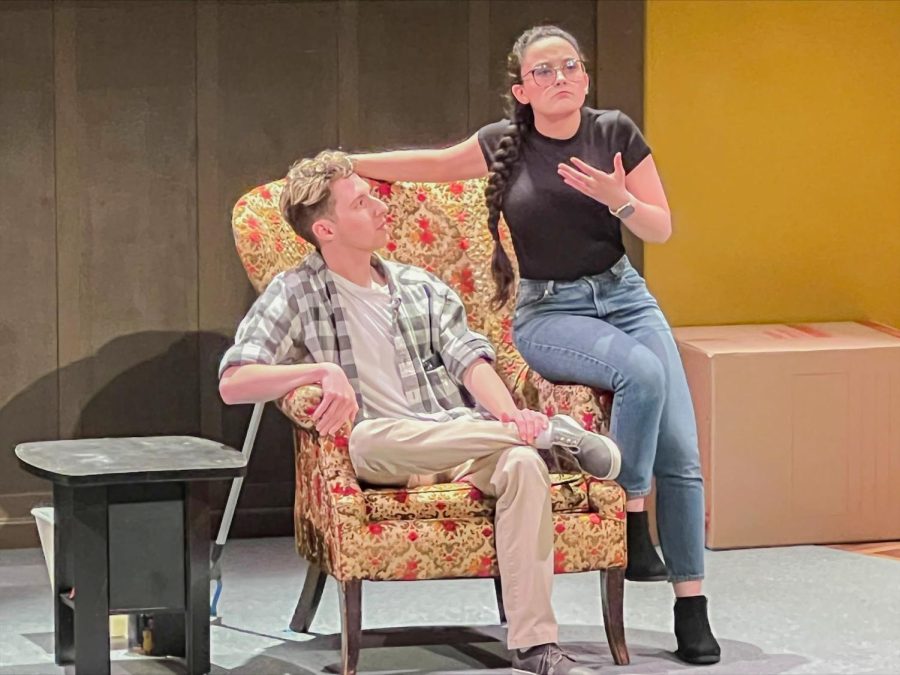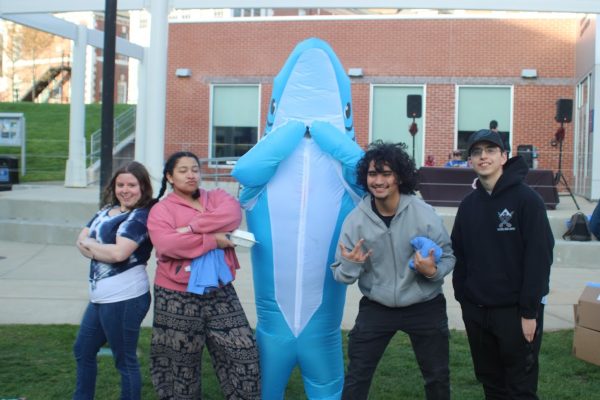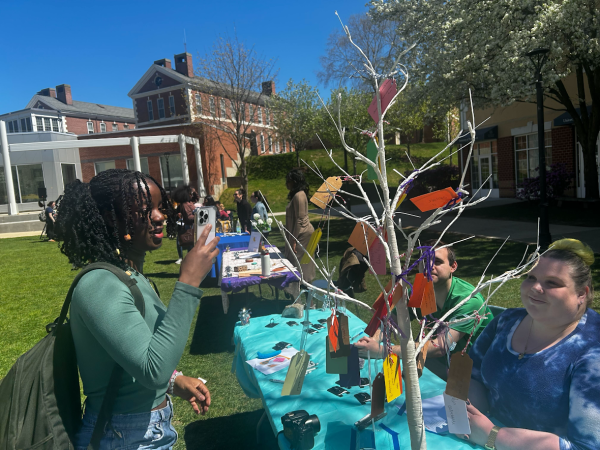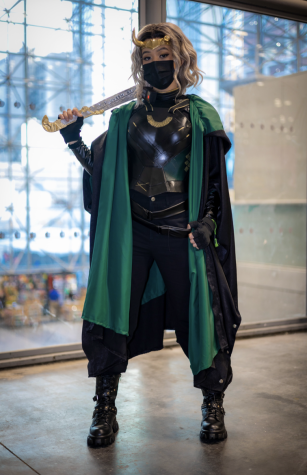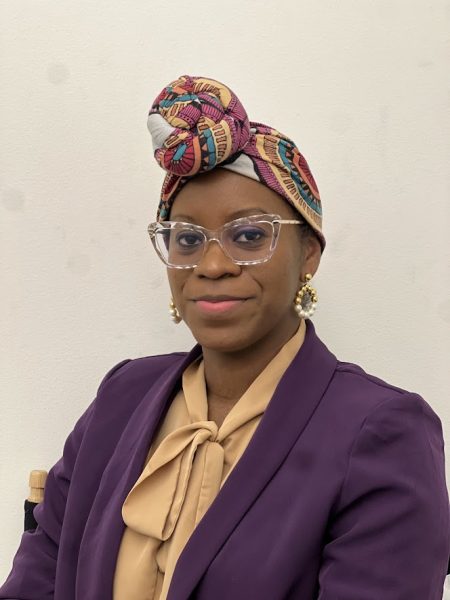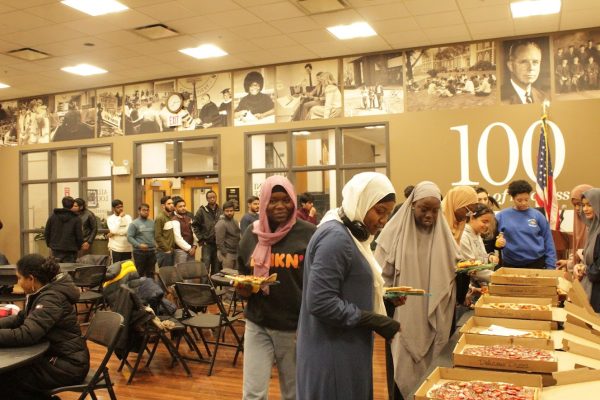“The Hatmaker’s Wife:” Come for the comedy, stay for the tears
Charger Bulletin/Joseph Oliveira
Ian Sacci and Angelina Paulus perform during “The Hatmaker’s Wife,” West Haven, Nov. 15, 2022.
The university’s latest production, “The Hatmaker’s Wife,” follows Voice (Angelina Paulus) and her boyfriend Gabe (Ian Sacci) when they move into a house that once was the abode of a hatmaker, Hetchman (Barry Libowitz), and his wife (Audra Theberge). Conflicts follow both couples in this magical yet emotionally grounded story.
This past Wednesday, the university’s theater arts program opened with the play, written by Asian-American playwright Lauren Yee. In just three months, the cast and crew pulled off an amazing performance with superb technical aspects.
One of the first things to pull the audience in is the stage set-up and lighting. Despite the main set on the stage serving as Hetchman’s living room, the extra space near the front and side of the stage allows other, emotionally-provocative scenes to take place. The spotlights helped shift the audience’s focus from one spot to another, accompanied by colored lights, which set the ambience of those mini sets.
The music during particular scenes adds to the comedic aspect of Yee’s lighthearted yet emotional script. Audiences can applaud John Vota, a music and sound recording student, for the arrangement and performance of those songs. Vota described the music making process in an interview with Joseph Oliveira, a communication student and the play’s head of marketing, social media and publicity. Vota told Oliveira that he, “kind of took some time listening to classical music…took note of some of the instruments that were most dominant.”
Oliveira also conducted another interview with Libowitz, a marine biology student. Libowitz told Oliveira that Hetchman is “the grouchy dad who loves his recliner.” The actor compared his character to “sitcom dads” such as Homer Simpson. Libowitz did a fantastic job of bringing Hetchman to life, along with conveying the character’s flaws and his effect on the plot. The actor told Oliveira that one message of the play is how “younger people inherit the problems of their parents and how they must work to overcome them.”
The interaction between Hetchman and his wife, played by Theberge, a criminal justice student, brings so much energy to their respective characters. It is fascinating how the duo allowed characters that made us laugh and cry by the show’s close.
Another powerful performance came from Voice, played by Paulus, a criminal justice student. The audience could feel the emotion coming from, Voice thanks to the work that Paulus put into the performance.
Paulus said, “I think I’m most excited for audiences to see the relationships that are built between the characters onstage.”
Paulus is correct; the characters felt like more than fictional people. Some of that can be attributed to the play’s director and coordinator for the university’s theater arts program, Meg Savilonis.
The university’s production of “The Hatmaker’s Wife” makes theater-goers anxious to see what they have planned for next semester’s play.

Presley DePugh is in the class of 2024 and majors in Communications with a concentration in TV/Video Production. She is also a Charger Ambassador and a...

